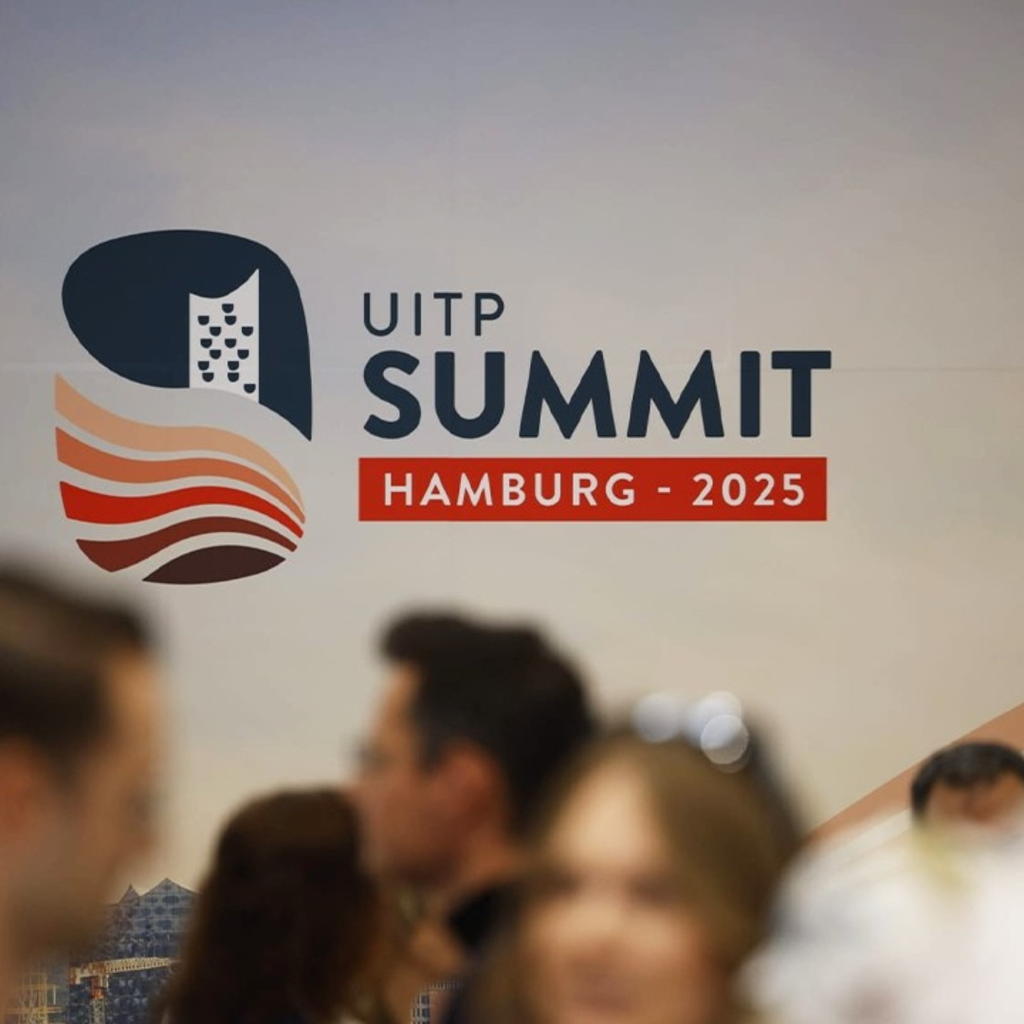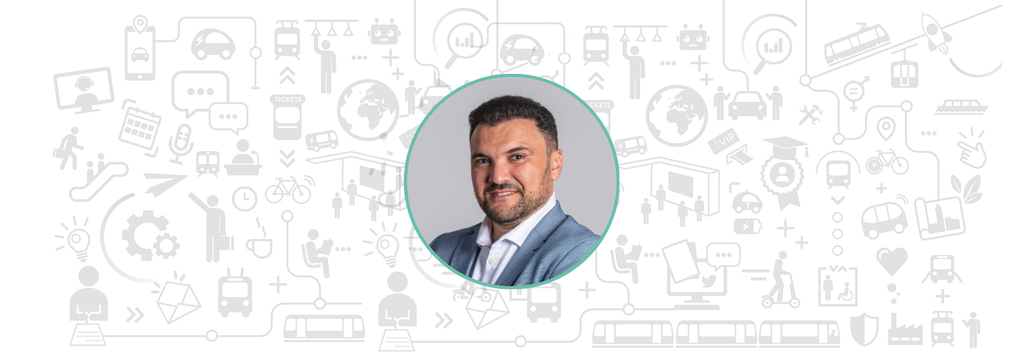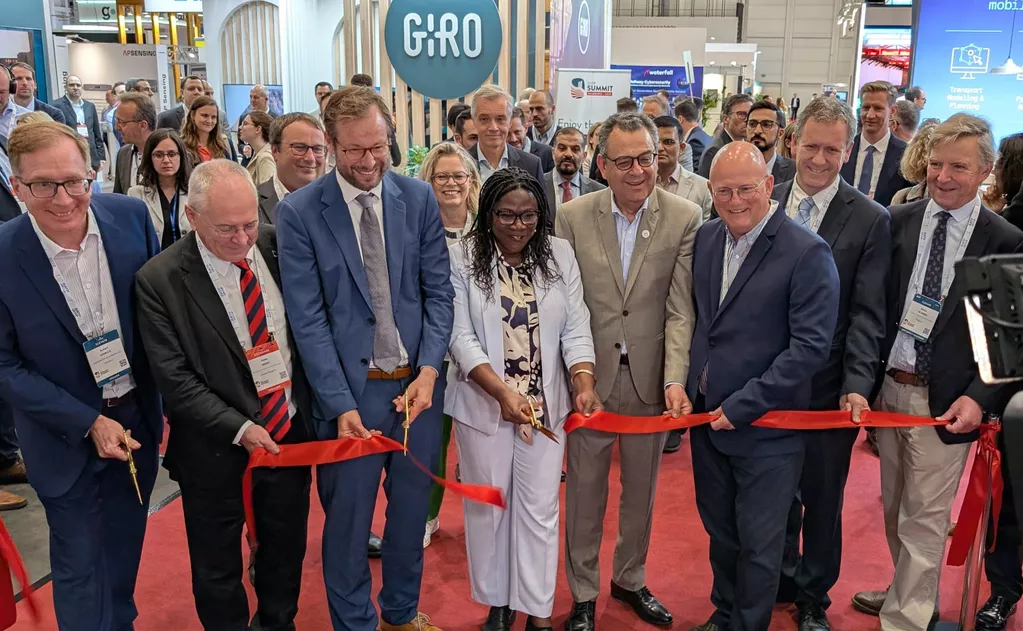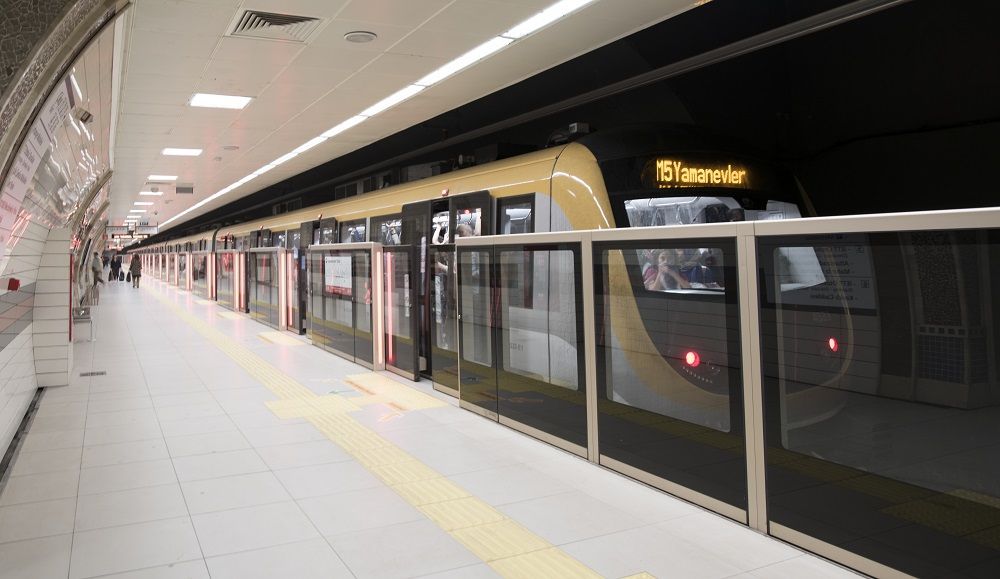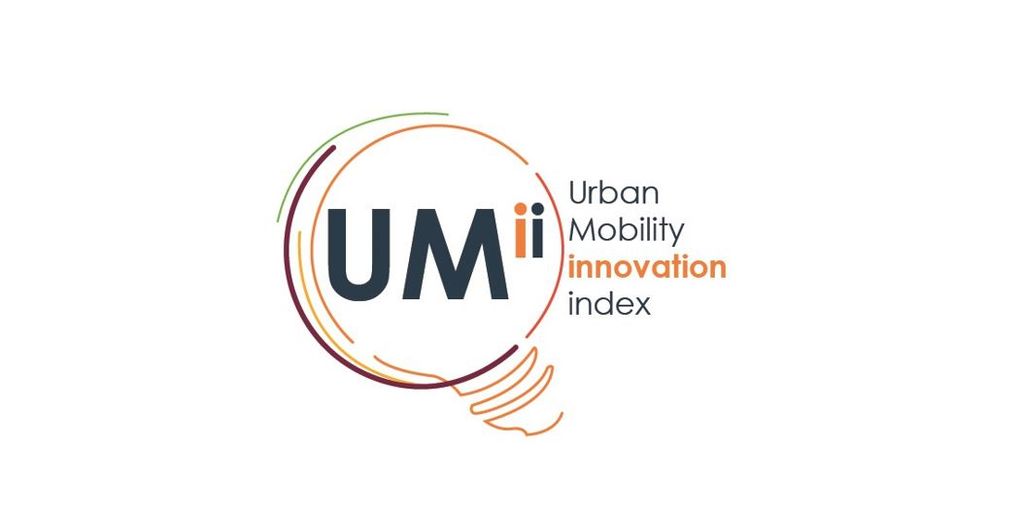
UMii - Urban Mobility Innovation Index
UMii was launched in 2016 by the Roads and Transport Authority of Dubai (RTA) and UITP

UMii was launched in 2016 by the Roads and Transport Authority of Dubai (RTA) and UITP to share knowledge and gather insights into the way cities foster innovation to address urban transport challenges worldwide. It is an indicator framework that assesses the maturity of a city’s innovation ecosystem in urban mobility, using a collection of indicators.
UMii aims to inspire and energise city administrations to learn, experiment, implement and lead mobility innovations that contribute to a transformation towards better, safer, healthier, quieter, cleaner, and happier cities for all.
UMii is based on 9 composite indicators covering 3 dimensions
The UMii Framework is made up of three dimensions which capture elements of the different innovation stages: readiness, deployment and liveability.
Housed within the UMii dimensions are nine innovation levers. Each of these nine levers then expands into multiple qualitative and quantitative indicators, which measure how cities are performing in specific domains. A sample of these indicators is presented below.

UMii published its latest report in 2022
Data for UMii is collected from cities all over the globe. The findings are then collected into a report, with which UMii aims to inspire and energise city administrations to learn, experiment, implement and lead mobility innovations that contribute to a transformation towards better, safer, healthier, quieter, cleaner, and happier cities for all.
The first UMii report was published in 2017, followed by an update in 2018 adding further cities to the Index.
The latest UMii was published in 2022, including important improvements better addressing new contextual realities and highlighting how cities have transformed over the last years. Alongside UITP and RTA, the University of Žilina (UNIZA) has taken the leading role in the research work for UMii since December 2020.
The aim of the Urban Mobility Innovation Index is not to rank cities, but to engage in a reflexive process, to share best practices, and to showcase innovative solutions.
- UMIii launched
In 2016
- by UITP
UMii is implemented
- RTA Dubai, University of Žilina
Partners
Proud to partner with


